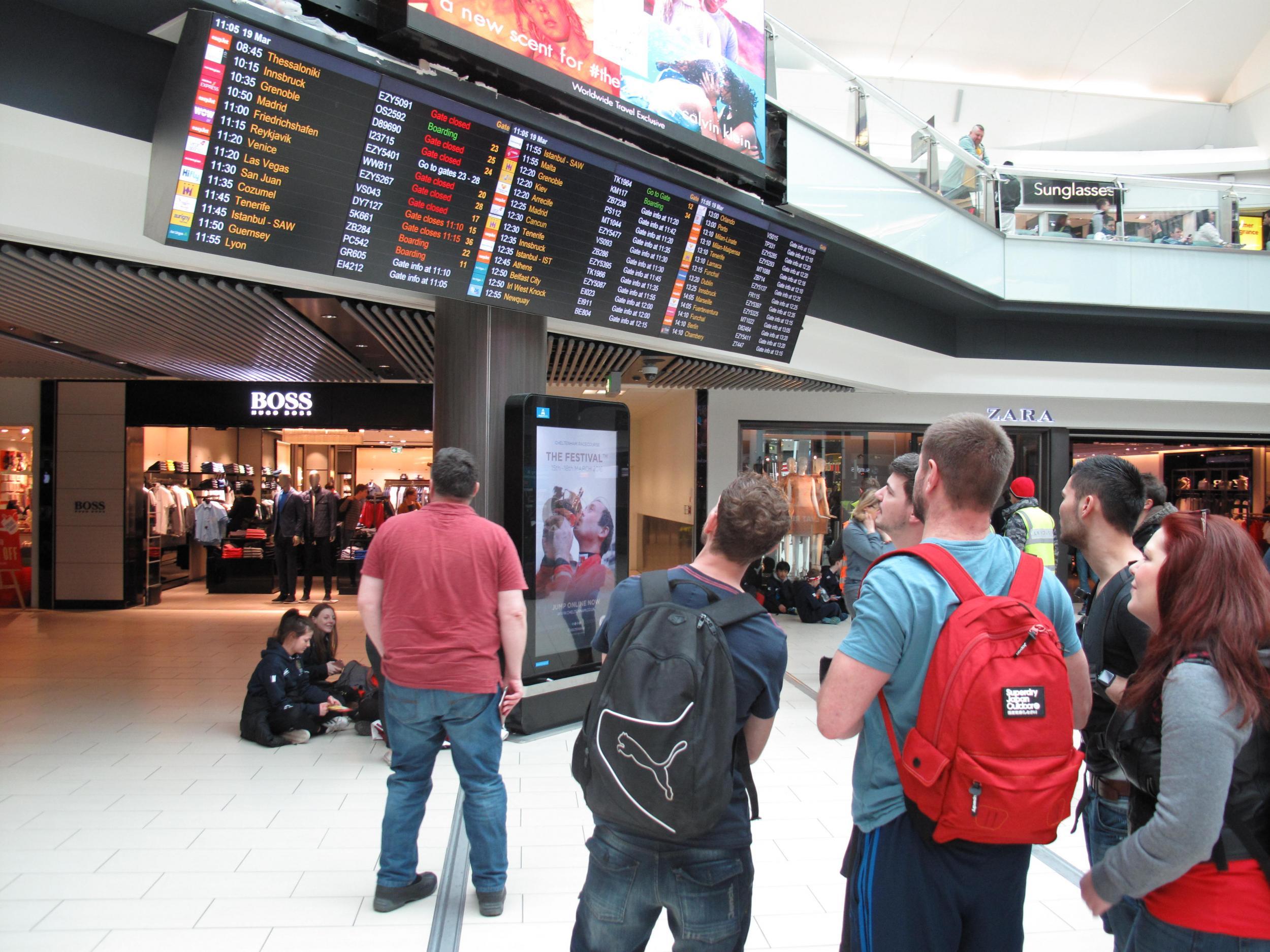Boots and WH Smith are giving tax back to airport customers – how does it work?
The Independent exposed shops pocketing the tax charged to travellers heading beyond the EU in 2015

Boots has announced it has joined WH Smith in refunding VAT to some eligible airline travellers at its “airside” stores at UK airports. The move follows controversy over some shops pocketing the tax element charged to travellers heading beyond the EU.
What’s the background?
Anyone flying to a destination beyond the European Union avoids duty on alcohol and tobacco purchases, and value added tax on everything else, at “airside” shops – ie those beyond the security check.
At “traditional” duty-free shops that sell cheap booze and cigarettes to passengers heading for destinations such as Florida, Turkey or Switzerland, it has always been the case that passengers must present a boarding pass so staff can check that they qualify.
In 2015, The Independent started investigating why some familiar High Street shops at airports were also insisting on scanning airline passengers’ boarding passes. As we delved deeper, it became clear that some retailers were charging VAT on the purchases of travellers heading outside the EU – and pocketing the tax, rather than handing it back to the passenger or passing it on to the Chancellor.
On a £6 bottle of sunscreen, for example, Boots was keeping the £1 tax element. But for the store to do this, passengers had to agree to have their boarding passes checked – not for their benefit, but for retailers'.
As the news got around, many travellers refused to hand over their boarding passes. Soon the Government got involved, and demanded action to make sure retailers weren’t making a mint at the passenger’s expense.
WH Smith and Boots have now responded with policies that go some way to putting the cash back in the pocket of the passenger.
What’s the new deal?
WH Smith returns VAT to eligible travellers who spend £6 or more on taxable goods gets the VAT back. (If £6 seems an odd figure, by the way, I take responsibility for it. The firm asked me what I thought would be a reasonable threshold, and I said most travellers probably wouldn’t worry about losing less than a pound in tax.)
Boots has a similar proposition, but it applies to single items costing £5 or more. For example, a passenger buying a packet of three condoms costing £2.99 would not qualify, but someone buying a £9.99 packet of 12 would (though the saving would be only 48p, due to the lower VAT rate on contraceptives).
The most delayed UK airports in pictures
Show all 10The goods and boarding pass are scanned at the till, and any discount refunded before payment.
Note that many items sold by these stores, from paperbacks to nappies, are zero-rated, and therefore no tax will be handed back on such purchases.
What happens to the VAT on cheaper items?
The stores keep it. They say that retaining the VAT helps them to keep airport prices at High Street levels, despite the very high costs of running an airport operation — with the airports themselves extracting a handsome percentage of sales, and all goods (and staff) needing to be security-cleared.
What if I decline to show my boarding pass?
You will be assumed to be flying to an EU destination. Therefore VAT will be collected and passed on to the Chancellor. Anecdotally, though, it seems some airport store staff are misrepresenting the rules. One listener to Radio 4’s You and Yours programme reported he was told at an airside store that it was a legal requirement to scan a boarding pass – but that the relevant documentation was in their landside shop so he was unable to see it.
The worst airports in the world, according to pilots
Show all 10Is the EU defined simply as the 28 current members?
Not quite, for customs/duty/VAT purposes. The main exception is Spain's Canary Islands, which are deemed to be outside Europe. Gibraltar and the Channel Islands are also excluded, which means passengers to these countries can benefit.
What will happen after Brexit?
Depending on the terms of leaving the EU, the UK may revert to exactly where it was up to 1999, with every trip from these shores constituting a duty-free opportunity.
Subscribe to Independent Premium to bookmark this article
Want to bookmark your favourite articles and stories to read or reference later? Start your Independent Premium subscription today.

Join our commenting forum
Join thought-provoking conversations, follow other Independent readers and see their replies